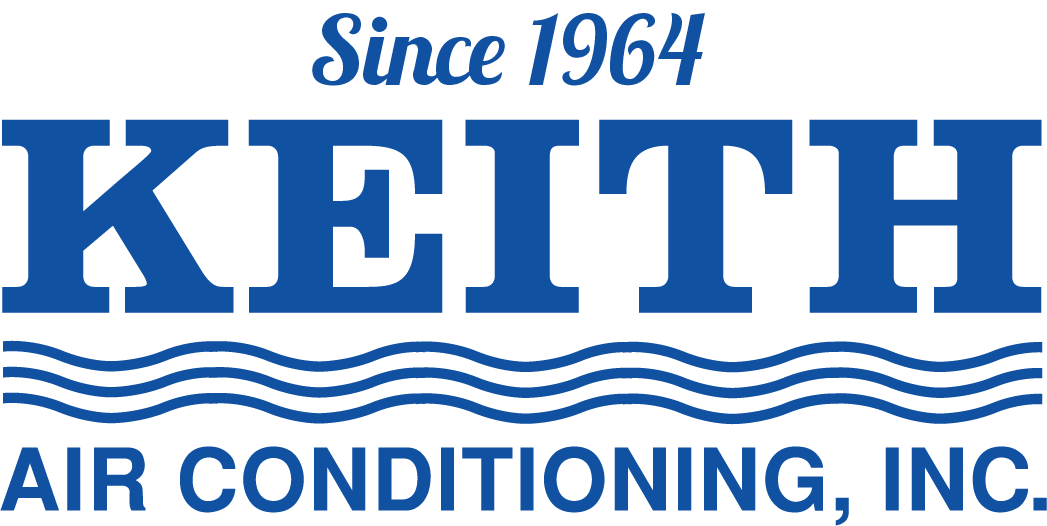
From cost savings to improved comfort to environmental sustainability, geothermal heating systems offer a host of benefits. Learn the many ways a geothermal heating system can help you to achieve optimal comfort in your Mobile, Alabama, home.
Lower Energy Consumption
One of the greatest benefits of a geothermal heating system is that it can keep you and your family comfortable while using much less energy than a traditional heating system. Unlike air-source heat pumps, which rely on cold outdoor air as an exchange medium, ground-source pumps benefit from relatively stable underground temperatures.
Standard heat pumps might be energy efficient, but the Department of Energy (DOE) estimates they achieve up to 250 percent efficiency on chilly winter days. In contrast, geothermal pumps reach up to 600 percent efficiency even on freezing winter nights. Altogether, geothermal heat pumps use about 50 percent less energy than traditional heating systems do, which means they can significantly lower your household energy consumption.
Significant Cost Savings
The relatively high upfront costs of geothermal heating systems, which can easily top $10,000, are enough to intimidate some homeowners. However, when they calculate the system’s total cost and energy consumption over time, most homeowners realize geothermal heating systems actually offer significant savings.
In fact, the DOE estimates that even with the installation cost and the unit purchase price, you can recover your original investment in as little as two years. Since this cost recovery depends largely on utility savings, in some situations, it can take up to 10 years for you to recoup your costs. In either case, you have the opportunity to earn back your investments at least a decade before you’ll need to start planning for a system replacement.
Environmental Sustainability
Geothermal energy is an environmentally friendly choice for several reasons. In addition to using less energy overall, geothermal heating systems generate far fewer emissions. In fact, geothermal energy doesn’t produce any carbon dioxide, carbon monoxide, or other harmful gases that lead to air pollution.
Because they work well with zoning systems, geothermal heating systems can also ensure you don’t waste energy, even on the hottest or coldest days. Zoning systems allow you to cool or heat select rooms and areas in your home, so there’s no need to use extra energy conditioning your entire home.
Longer Lifespan
Some HVAC system components require regular replacement and even more frequent maintenance to run smoothly. Geothermal heat systems, however, don’t fall into this category.
Once installed, these heating systems rarely require maintenance, and they can keep your family cozy and warm almost without a second thought. Since geothermal heating systems have few moving parts, they are far less susceptible to breakdowns. Because the geothermal components do not reside outdoors where they are exposed to the elements, they also tend to be much more durable. In fact, the piping networks integral to geothermal heating systems can last up to 50 years. Moreover, most geothermal heat pumps last for at least 20 years.
Improved Indoor Air Quality
Many Alabama homeowners struggle with moisture levels in their homes, no matter the season. Geothermal heat pumps solve this problem by easily maintaining comfortable 50 percent humidity levels throughout the home. Not only will this increase your family’s comfort, but it will also improve indoor air quality. Overly humid air can cause dust mites, mold, and bacteria to thrive; managing indoor moisture levels leads to much healthier and more breathable air.
Unobtrusive Operation
If you’ve ever found a standard air conditioner to be overly loud or disruptive, you’ll be relieved to know that geothermal heating systems are celebrated for their unobtrusive operation. Because most of the system parts are located underground, with only a small, discreet indoor unit, they take up only a fraction of the indoor space that a traditional heating or cooling system uses.
Since geothermal heating systems don’t rely on large exterior units, they are also remarkably quiet, even when operating at full speed. This means your family can comfortably enjoy outdoor and indoor activities without the loud hum of an air conditioner in the background.
Ready to make the switch to geothermal energy? Call our geothermal heating experts at Keith Air Conditioning, Inc. today at 251-476-3610.




